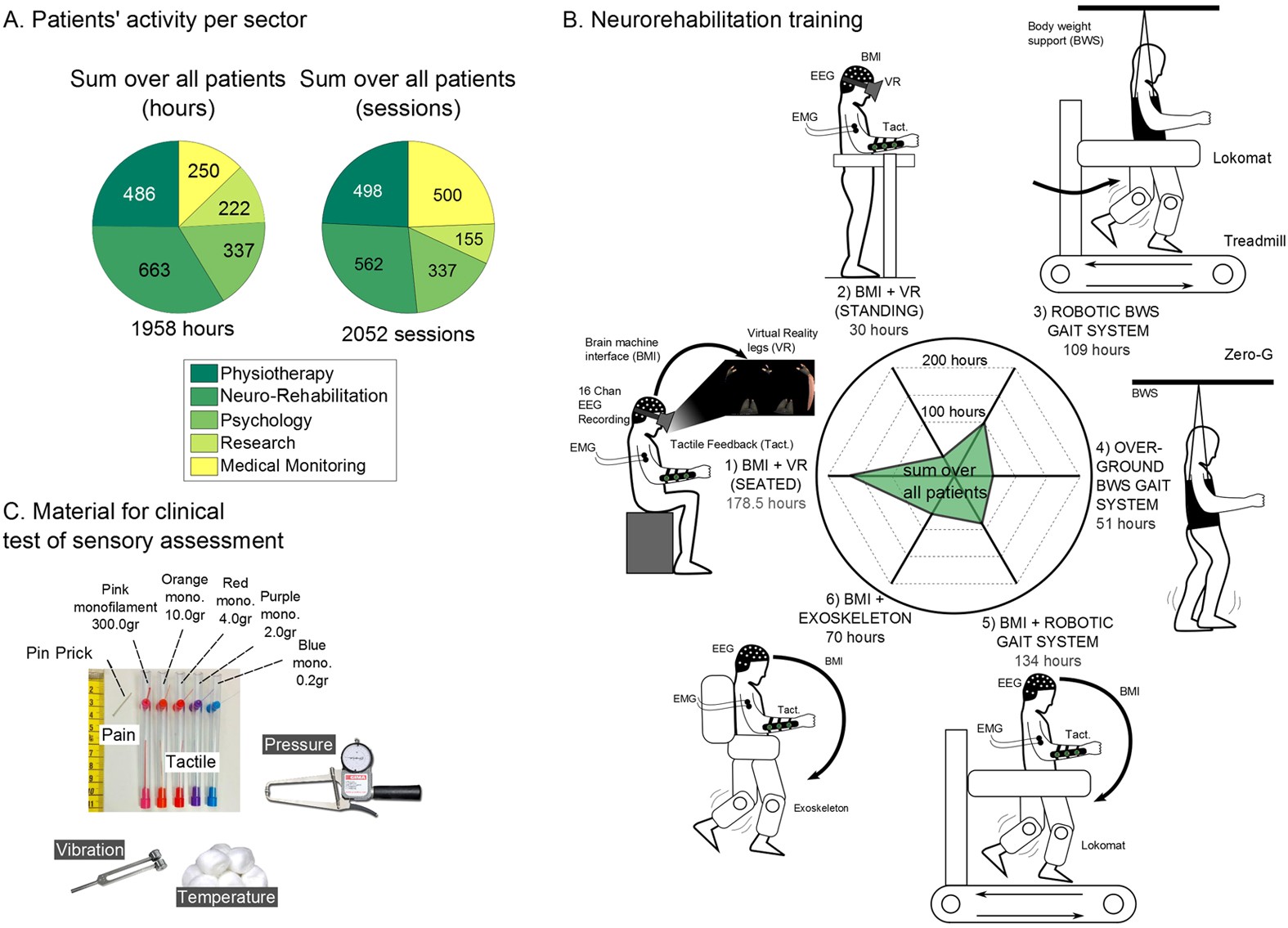
When the helper is called with an array of key / value pairs, those values will be stored in the session:This folder is located in your files location. When the session helper is called with a single, string argument, it will return the value of that session key. You may also use the global session PHP function to retrieve and store data in the session.
Step 2: In Extraction path and options window, set Destination path under General tab and click OK. This article offers a practical approach to relapse prevention that works well in both individual and group therapy.Select RAR file and click Extract to. By the time most individuals seek help, they have already tried to quit on their own and they are looking for a better solution. If you want to recover the last autosave then use the.Relapse prevention is why most people seek treatment.
The goal of treatment is to help individuals recognize the early stages, in which the chances of success are greatest. First, relapse is a gradual process with distinct stages. There are four main ideas in relapse prevention. You have successfully extract encrypted RAR. Then you can see the extracted folder in the location you choose as destionation path.

YOUR POUND buys shopping worth 73p compared with fl in January , Post Coupon. I have also included a link to a public service video on relapse prevention that contains many of the ideas in this article and that is freely available to individuals and institutions. I would like to use this opportunity, having been invited to present my perspective on relapse prevention, to provide an overview of the field and document some ideas in addiction medicine that are widely accepted but have not yet worked their way into the literature. For this, different methods can be used depending on a. It requires copying all database objects such as database schema, tables, stored procedures, functions, indexes, etc. A part of DBA’s and developer’s role is to migrate SQL Server databases between hosts or migrate from a local development environment to a live hosted environment.
The common denominator of emotional relapse is poor self-care, in which self-care is broadly defined to include emotional, psychological, and physical care.One of the main goals of therapy at this stage is to help clients understand what self-care means and why it is important. Because clients are not consciously thinking about using during this stage, denial is a big part of emotional relapse.These are some of the signs of emotional relapse : 1) bottling up emotions 2) isolating 3) not going to meetings 4) going to meetings but not sharing 5) focusing on others (focusing on other people’s problems or focusing on how other people affect them) and 6) poor eating and sleeping habits. But their emotions and behaviors are setting them up for relapse down the road. They remember their last relapse and they don't want to repeat it. During emotional relapse, individuals are not thinking about using.
Clients need to make time for themselves, to be kind to themselves, and to give themselves permission to have fun. For most individuals, self-care is about emotional self-care. For some individuals, self-care is as basic as physical self-care, such as sleep, hygiene, and a healthy diet. A simple reminder of poor self-care is the acronym HALT: hungry, angry, lonely, and tired.
As individuals go deeper into mental relapse, their cognitive resistance to relapse diminishes and their need for escape increases.These are some of the signs of mental relapse : 1) craving for drugs or alcohol 2) thinking about people, places, and things associated with past use 3) minimizing consequences of past use or glamorizing past use 4) bargaining 5) lying 6) thinking of schemes to better control using 7) looking for relapse opportunities and 8) planning a relapse.Helping clients avoid high-risk situations is an important goal of therapy. Part of them wants to use, but part of them doesn’t. As their tension builds, they start to think about using just to escape.In mental relapse, there is a war going on inside people’s minds. They begin to feel restless, irritable, and discontent. When individuals exhibit poor self-care and live in emotional relapse long enough, eventually they start to feel uncomfortable in their own skin. I find it helpful to encourage clients to compare their current behavior to behavior during past relapses and see if their self-care is worsening or improving.The transition between emotional and mental relapse is not arbitrary, but the natural consequence of prolonged, poor self-care.
Bargaining also can take the form of switching one addictive substance for another.Occasional, brief thoughts of using are normal in early recovery and are different from mental relapse. Another form of bargaining is when people start to think that they can relapse periodically, perhaps in a controlled way, for example, once or twice a year. It is a common experience that airports and all-inclusive resorts are high-risk environments in early recovery. A common example is when people give themselves permission to use on holidays or on a trip. Sometimes they think that avoiding high-risk situations is a sign of weakness.In bargaining, individuals start to think of scenarios in which it would be acceptable to use.
Warning signs are when thoughts of using change in character and become more insistent or increase in frequency.Finally, physical relapse is when an individual starts using again. But with good coping skills, a person can learn to let go of thoughts of using quickly.Clinicians can distinguish mental relapse from occasional thoughts of using by monitoring a client’s behavior longitudinally. Once a person has experienced addiction, it is impossible to erase the memory. They do not mean the individual will relapse or that they are doing a poor job of recovery. They are sometimes reluctant to even mention thoughts of using because they are so embarrassed by them.Clinical experience has shown that occasional thoughts of using need to be normalized in therapy. They feel they are doing something wrong and that they have let themselves and their families down.

These thoughts can lead to anxiety, resentments, stress, and depression, all of which can lead to relapse. This is a short list of the types of negative thinking that are obstacles to recovery and are topics for cognitive therapy : 1) My problem is because of other people 2) I don’t think I can handle life without using 3) Maybe I can just use occasionally 4) Life won’t be fun — I won’t be fun — without using 5) I’m worried I will turn into someone I don’t like 6) I can’t make all the necessary changes I can’t change my friends 7) I don’t want to abandon my family 8) Recovery is too much work 9) My cravings will be overwhelming I won’t be able to resist them 10) If I stop, I’ll only start up again I have never finished anything 11) No one has to know if I relapse and 12) I’m worried I have been so damaged by my addiction that I won’t be able to recover.The negative thinking that underlies addictive thinking is usually all-or-nothing thinking, disqualifying the positives, catastrophizing, and negatively self-labeling. The effectiveness of cognitive therapy in relapse prevention has been confirmed in numerous studies. If an individual remains in mental relapse long enough without the necessary coping skills, clinical experience has shown they are more likely to turn to drugs or alcohol just to escape their turmoil.Cognitive therapy is one of the main tools for changing people’s negative thinking and developing healthy coping skills.

Expectancy theory has shown that when people expect to have fun, they usually do, and when they expect that something will not be fun, it usually isn’t.


 0 kommentar(er)
0 kommentar(er)
